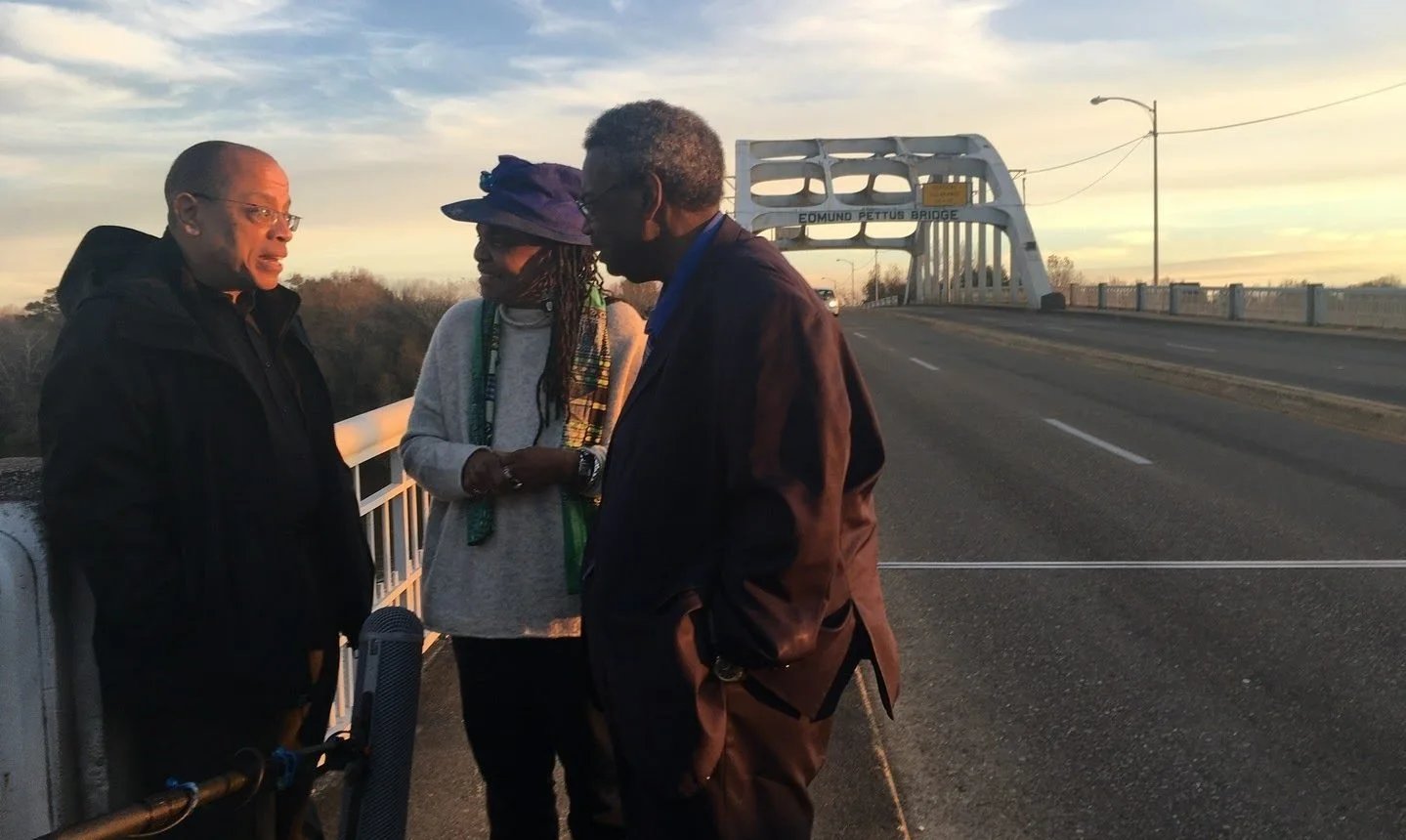Film review: Who We Are connects centuries of dots in complex chronicle of racism in America
Weaving law lecture with compelling personal stories, the new documentary kicks off Black History Month at VIFF Centre
Who We Are: A Chronicle of Racism in America screens as part of its Black History Month series, February 4 to 17 at VIFF Centre
TO DESCRIBE Who We Are: A Chronicle of American Racism as a TED Talk-style lecture would be semi-accurate—but would grossly undersell VIFF’s compelling Black History Month opener.
Sometimes, you need an academic to connect all the dots and make sense of the world. And in this case, lawyer and teacher Jeffery Robinson manages to trace the entire history of racism against Black people in the United States, meticulously documenting it back to the slave-ship manifests and the writing of the constitution. “America was founded on white supremacy,” he asserts, and backs it up not just with language from Article 5 in the constitution but from the shocking third verse of “The Star-Spangled Banner”, sung unsettlingly here by a Black choir. Robinson works his way through history from segregation measures up to civil-rights-movement setbacks, and to Black Lives Matter, police shootings, and present-day rednecks rallying to save Confederate statues.
Far more than a filmic PowerPoint, sister-directors Sarah and Emily Kunstler’s Who We Are has its biggest strength in the deeply humanistic and empathetic lecturer himself. The Harvard Law School graduate and longtime attorney, teacher, and activist travels through the country, and back into his own moving past. In Charleston, South Carolina, he takes a closeup look at slaves’ fingerprints still chillingly visible in the mortar that built the city, looks at shackles that once held a child, and gazes upon Ashley Avenue’s nondescript hanging tree. Elsewhere, our personable host talks to a lone surviving centenarian about the horrors of the massacre at Tulsa’s “Black Wall Street” and to police-chokehold victim Eric Garner’s mother.
The far-flung documentary is nonpartisan in spreading the blame: watch Bill Clinton sign an act that leads to mass incarceration of Black men, or Donald Trump singing the praises of slave-owning, US$20-adorning president Andrew Jackson. (Amid the documentation Robinson digs up: Jackson’s newspaper ad offering to pay the catcher of one of his runaway slaves $10 extra for every 100 lashes meted out to the fugitive.)
But the film’s most memorable moments are the personal ones, focusing on the journey that brought Robinson to Harvard and a profound understanding of race in the U.S. Standing in front of his parents’ old middle-class house in Memphis, he says “This is what ‘lucky’ looks like”, but wait till you hear the lengths his parents went to for Robinson to live in that home. The most moving scene comes when the law professor returns to his old Catholic high school, where he and his brother were the only Black students, to recall with two white friends the racism he faced—even when they ran interference and he didn’t know about it.
Robinson’s case is complex and sometimes dry, but compelling. Essentially he’s calling for a full reckoning—one that can’t happen while hanging trees stand unmarked and Confederate flags still adorn bumper stickers, bikinis, and T-shirts. He makes a convincing argument that America is at a tipping point similar to the peak of the civil-rights movement in the late 1960s. Who We Are also adds important, nuanced context to a growing canon of political documentaries like 13th and I Am Not Your Negro. And let’s just say you’ll never hear “The Star Spangled Banner” or look at an old American $20 bill in the same way again. Find more in VIFF's strong Black History Month lineup here.














